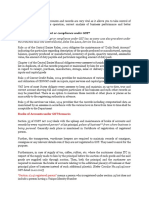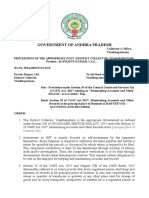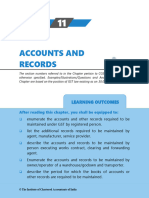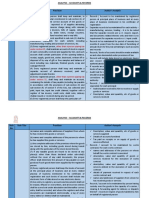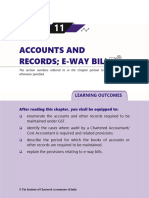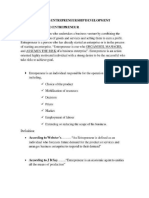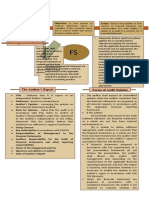0% found this document useful (0 votes)
12 views14 pagesModule 11 IDT
The document outlines the requirements for maintaining accounts and records under the Goods and Services Tax (GST) framework in India, detailing the types of records that registered persons must keep, including production, supply, and stock details. It emphasizes the importance of compliance through proper documentation and the consequences of failing to maintain accurate records. Additionally, it discusses compulsory audit requirements for businesses exceeding certain turnover thresholds and the responsibilities of transporters and warehouse operators regarding record-keeping.
Uploaded by
info.satatyaacademyCopyright
© © All Rights Reserved
We take content rights seriously. If you suspect this is your content, claim it here.
Available Formats
Download as PDF, TXT or read online on Scribd
0% found this document useful (0 votes)
12 views14 pagesModule 11 IDT
The document outlines the requirements for maintaining accounts and records under the Goods and Services Tax (GST) framework in India, detailing the types of records that registered persons must keep, including production, supply, and stock details. It emphasizes the importance of compliance through proper documentation and the consequences of failing to maintain accurate records. Additionally, it discusses compulsory audit requirements for businesses exceeding certain turnover thresholds and the responsibilities of transporters and warehouse operators regarding record-keeping.
Uploaded by
info.satatyaacademyCopyright
© © All Rights Reserved
We take content rights seriously. If you suspect this is your content, claim it here.
Available Formats
Download as PDF, TXT or read online on Scribd
/ 14
